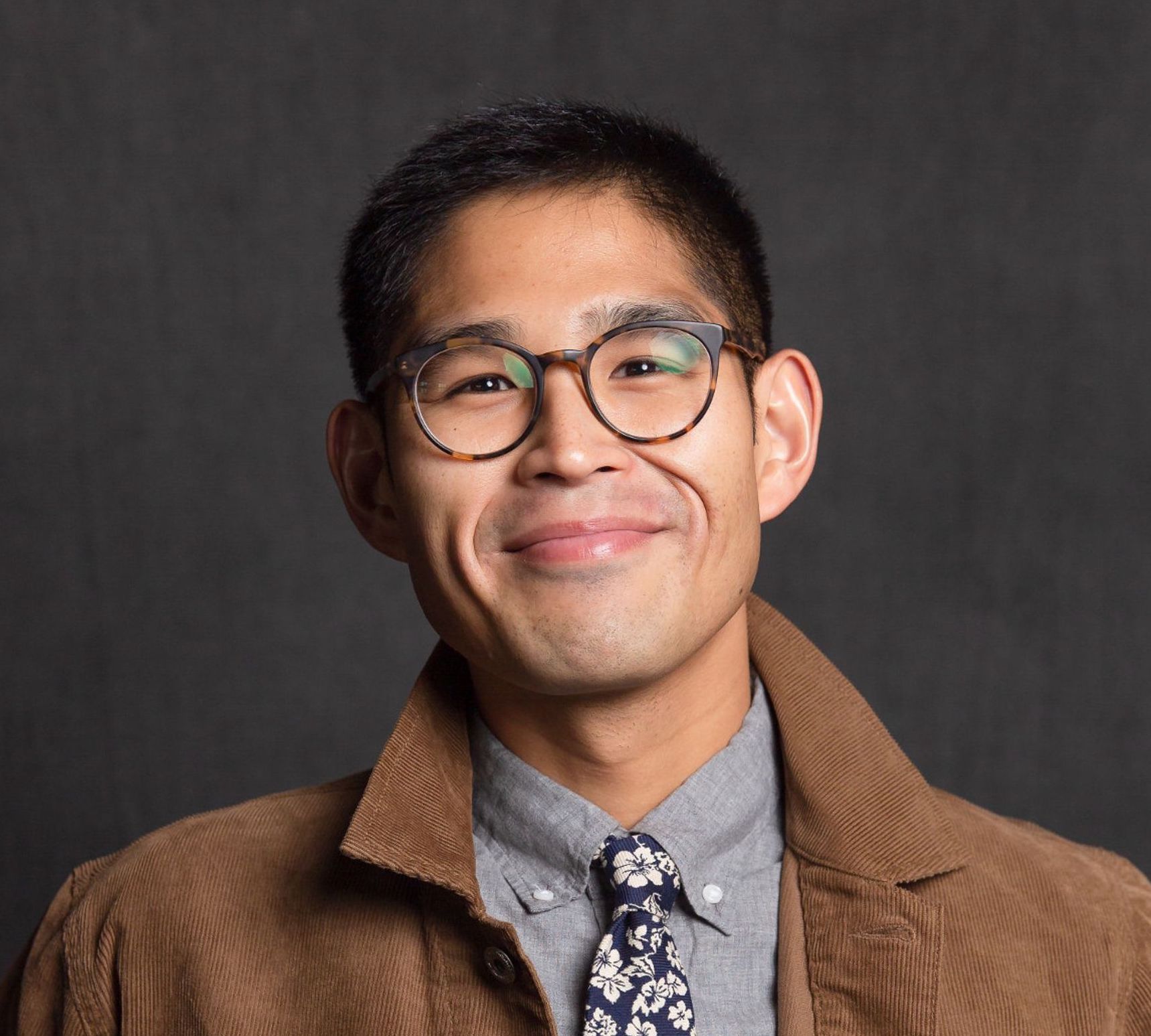James Zarsadiaz is Associate Professor of History and serves as Director of the Yuchengco Philippine Studies Program. His research and teaching interests include urban and suburban studies, California and the U.S. West, Asian American history, and the twentieth-century United States. He received a PhD and an MA in History from Northwestern University, and a BA in American Studies and Political Science from George Washington University.
You received your BA in 2008, how did your time in the department shape your research interests?
With absolute earnestness, I will say that my time as an American Studies major fundamentally shaped my career as a scholar and teacher. The dynamic faculty at GW and the course materials I engaged with intensified my interests in urban/suburban studies, immigration history, and Asian American history. I was also fortunate enough to have peers who pushed the envelope in terms of understanding what American culture is, its impact, etc. (By the way, some of those classmates are *still* among my dearest friends.)
What sparked your interest in Urban studies and specifically post-WWII suburban planning/Asian American suburbanization?
The fast answer is: For my American Studies senior thesis, I wrote about gentrification in DC's Chinatown. I interviewed longtime residents and conducted archival research. Beyond being priced out, the ethnic enclave lost many of its Chinese residents because families moved to the suburbs in great numbers between the 1970s and 2000s. Moreover, redevelopment plans disrupted the neighborhood dynamic. But it was also "undesirable" to live in the city until recently. This was a trend occurring across urban America. The longer answer is: Growing up in a majority-Asian American enclave of suburban Los Angeles, I knew my community was unique. However, I didn't realize how much of an anomaly it was until I moved to DC and started to explore the city and its inner-ring suburbs (though DC certainly has its share of Asian American suburban enclaves like Rockville, Falls Church, and Annandale). As I compared major Asian American settlements throughout the US, it became clear to me that regional economies, geopolitics, and (surprisingly) planning played a role in where Asian families settled and established a sense of place. I explore this topic in the context of LA's San Gabriel Valley in my book (in progress & under contract with University of California Press).
Do you have a favorite AMST course? Or one you wished you could take?
Oh goodness. That's like asking a parent to name their favorite child. I can't do that! However, I will say I thoroughly enjoyed Cultural Criticism in America (I still have my course packet!), U.S. immigration history with Tom Guglielmo, and urban history with Suleiman Osman. Due to scheduling matters beyond my control, I wish I took courses (or more courses) with Melani McAlister, Chad Heap, and Richard Longstreth.
Any career advice you wished you received as an undergrad? Or any you’d like to offer to current AMST folks?
Don't leave GW until you've done deep archival work in one of DC's numerous institutions -- and I mean really sifting through primary sources you can touch! We all know how to access files through the internet, but there's nothing like a hard document in front of you. Whether it's the National Archives, Library of Congress, or the Smithsonian, having those skills under your belt will help you regardless of your post-GW career path.
Your students ask you for a list of your top 3 essential urban history/American Studies podcasts they should listen to - what do you recommend and why? (Note: this doesn’t have to be limited to podcasts, any digital media format works).
I don't listen to podcasts specifically on urban history/American Studies. However, NPR's Code Switch is terrific and delves into areas related to these topics. I wouldn't be a GW alum if I didn't say the FiveThirtyEight Politics podcast is one of my favorites as well. They provide sharp, data-driven analyses about campaigns and policies. Finally (and this is for folks who listened to WAMU "back in the day"), I often listen to Diane Rehm's On My Mind podcast. For those who don't know Diane: she had a decades-long NPR program focused on current events. (Fun fact: On Diane's final show in December 2016, she answered my question live on the air!)
Do you have any unique hobbies we should know about?
Not sure if this is totally "unique," but I absolutely love cooking and baking. I am a voracious, curious eater. Amid all the stress and noise in the world right now, finding a quiet moment in the kitchen to make yourself (or loved ones) a meal is my definition of relaxation. I post almost everything I make on my Instagram, @jamesiseating. I also own hundreds of cookbooks, so I'm never short of recipes to try!


